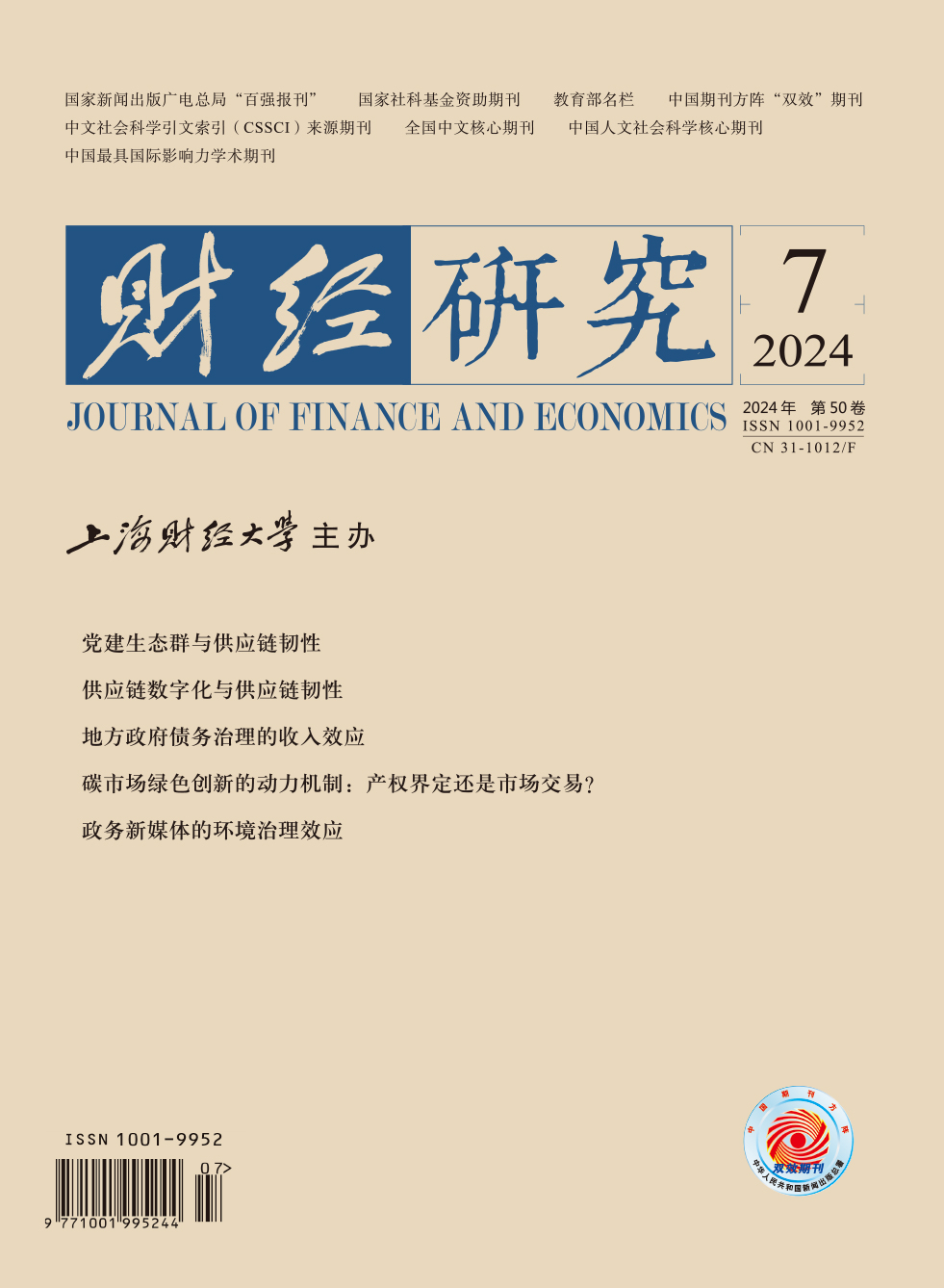In the context of inconsistent regulatory goals of multi-level governments and construction of a cordial and clean government-business relationship, how the central environmental inspection system affects corporate green innovation needs to be further explored. Based on the sample data of A-share listed industrial enterprises in China from 2012 to 2020, this paper uses multiple-period DID and DDD methods to empirically test the impact of different stages of central environmental inspection on corporate green innovation. The results show that: (1) Both the first round of environmental inspection and the “looking-back” stage have a significant positive effect on corporate green innovation, and compared with the former, the latter can further promote corporate green innovation. (2) Enterprises in the traditional government-business relationship have limited impact on their green innovation by the first round of environmental inspection; while the “looking-back” stage can promote the formation of a cordial and clean relationship between local governments and local enterprises, thereby promoting corporate green innovation. (3) In the heterogeneity test of enterprise ownership, compared with non-state-owned enterprises, the first round of environmental inspection has a greater impact on the green innovation of state-owned enterprises; while the “looking-back” stage has a significant positive impact on the green innovation of non-state-owned enterprises, and an insignificant impact on that of state-owned enterprises. In the heterogeneity test of environmental regulations, the first round of environmental inspection has a significant promoting effect on the green innovation of heavily-polluting industry enterprises in areas with both low and high environmental regulations, and the “looking-back” stage significantly promotes that in areas with low environmental regulations. (4) The central environmental inspection has an impact on corporate green innovation through the two paths of enterprise scale and entry and exit in the market competition mechanism. In the long run, the central environmental inspection has a promoting effect on the expansion of enterprise scale and promote green innovation through the expansion of enterprise scale. In addition, the central environmental inspection may force enterprises that are unable to adapt to their cost pressures and undergo technological innovation transformation to exit the market in the early stages, and enable enterprises that meet green innovation requirements to enter the market; while in the long run, they cannot affect corporate green innovation through entry and exit. This paper provides reference for further enhancing the effectiveness of strong regulatory measures represented by the central environmental inspection system.
 / Journals / Journal of Finance and Economics
/ Journals / Journal of Finance and EconomicsJournal of Finance and Economics
LiuYuanchun, Editor-in-Chief
ZhengChunrong, Vice Executive Editor-in-Chief
YaoLan BaoXiaohua HuangJun, Vice Editor-in-Chief
Central Environmental Inspection, Government-Business Relationship, and Corporate Green Innovation: Influence Mechanisms and Diffusion Paths
Journal of Finance and Economics Vol. 50, Issue 07, pp. 95 - 110 (2024) DOI:10.16538/j.cnki.jfe.20240521.301
Summary
References
Attachments
Summary
Cite this article
Sun Peng, Huang Jinhui, Li Jie, et al. Central Environmental Inspection, Government-Business Relationship, and Corporate Green Innovation: Influence Mechanisms and Diffusion Paths[J]. Journal of Finance and Economics, 2024, 50(7): 95-110.
Export Citations as:
For
ISSUE COVER
RELATED ARTICLES




 6160
6160  7525
7525

